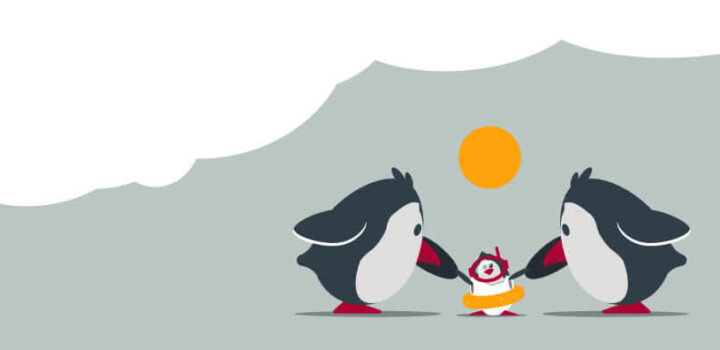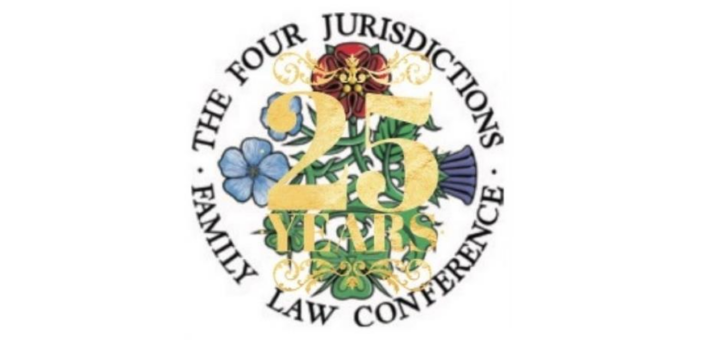What is Parental Alienation?
Cafcass recognise the term Parental Alienation to be ‘when a child’s resistance or hostility towards one parent is not justified and is the result of psychological manipulation by the other parent’. This definition was accepted by the Court of Appeal in the case Re S (Parental Alienation: Cult: Transfer of Primary Care) [2020].
How Does This Impact My Case?
When making a Child Arrangements Order, Prohibited Steps Order or a Specific Issue Order, the courts are required under s1(3) of the Children Act 1989 to consider ‘the welfare checklist’. The checklist is a series of factors that will influence the Court’s decision, it includes:
- The wishes and feelings of the child; and
- Any harm which the child has suffered or is at risk of suffering.
The court presumes that it is in the best interest of the child to have a relationship with both parents (except in circumstances where a parent poses such a risk to the client that any relationship with them is not in their interests). Consequently, where there is parental alienation, it is considered that the child is being subjected to emotional and psychological harm. The court will consider this harm when deciding whether to make an Order.
Ascertaining the wishes and feelings of the child is problematic when the child is subject to parental alienation. The child is unlikely to want to have contact with the alienated parent because of the alienation. The courts have recognised that in many parental alienation cases, the child’s expressed wishes and feelings are not actually their own. Consequently, the courts are taking a variety of potential approaches:
- Under Part 16 of the Family Procedure Rules, make the child a party to the proceedings and appoint a Guardian to ensure that the child’s voice is heard; and/or
- The courts may forego the requirement of ascertaining the wishes and feelings of the child as those views will not be a true reflection of the matter.
Where there is no allegation of domestic abuse, or it is found that allegations of domestic abuse were unsupported, the court has been known to transfer the children from the home of the parent who is causing parental alienation.
Although the courts have recognised that this will cause a short-term emotional harm to the child, the Court may conclude that this is preferable in order to prevent further parental alienation. This can be seen in three recent cases, outlined below.
Re A and B (Parental Alienation) [2020]
In November 2018, the Mother made allegations against the father in relation to their children. She applied to vary a previous Order, but this was refused. Shortly after, Child B refused to go to the Father’s home and contact deteriorated.
The first time the case came before the High Court, the mother admitted to making up stories and admitted she had gone too far. The Court recognised that although the children love their mother, she caused them emotional and psychological harm by alienating the children from their father.
The judge, Keehan J, was concerned that there would be future alienation which would prevent any ability to repair the relationship with the father. In order to prevent this further alienation, Keehan J had to find a balance which resulted in ordering the children to live with the father.
When the case appeared in front of Keehan J again, he considered whether it would be appropriate to ascertain the wishes and feelings of the children. However, he said: ‘… because of the harm and damage that they have suffered, these views do not reflect the true wishes and feelings of the children.’
Furthermore, Keehan J accepted the expert’s opinion that asking the children what their wishes and feelings were, would actually cause more harm and detriment to their welfare.
Re S (Parental Alienation: Cult) [2020]
In Re S, the child was born in 2011 and her parents split before her first birthday. The mother joined an organisation called Universal Medicine and started following their practices. In 2015, the father started raising concerns about Universal Medicine and their child’s involvement with the organisation. The mother raised concerns about the father sexually abusing the child.
In 2017, two orders were made: a shared care arrangements order and a prohibited steps order. The latter was put in place to prohibit the mother from taking the child to any Universal Medicine events, talking about Universal Medicine, or imposing Universal Medicine teachings on the child.
In 2018, the father alleged that the mother had not adhered to the prohibited steps order. Later that year, the Australian courts found that Universal Medicine was a ‘socially harmful cult’ and that the leader was a ‘sexually predatory charlatan’ who had ‘an indecent interest in children’.
The father issued an application in early 2019 to vary the 2017 shared care arrangements order so that the child would live with him. The mother denied breaching the prohibited steps order.
The Court appointed Ms Ware as a Guardian for the child. Ms Ware explained that she did not think the mother understood the significance of the concerns about Universal Medicine. Ms Ware believed that because of the effect of Universal Medicine on the child, the child was at risk of becoming alienated from the father.
With regards to the allegations of sexual abuse, the court determined that the submission was an ‘unjustified slur that should never have appeared in professionally drafted documents’. In coming to this conclusion, the judge considered that the mother continued to let the father see the child despite these accusations, and the mother never raised any safeguarding concerns with Cafcass.
In the judgment, Williams J notably remarks that ‘the child’s expressed views are that she wishes to remain living with the mother’. However, he continues by recognising that these views are ‘the subjective result of exposure to harmful beliefs and practices which have led to her alienation from her father’. Furthermore, the mother was unable to properly dissociate herself from Universal Medicine. Consequently, Williams J accepted that the short-term harm and distress to the child by transferring residence to the father was outweighed by preventing further alienation of the child to her father.
FA v MA [2021]
The mother had failed to comply with the orders of the court which stated that the father was to have contact with the child. She withheld contact altogether for lengthy periods of time and objected to handing over the child when the father flew from England to Scotland to ensure contact took place. Contact was further interrupted by COVID-19, and when contact was about to resume, the mother took steps to raise concerns about the possibility of domestic abuse. However, assessments took place and indicated that the father did not pose a risk to the child.
His Honour Judge Whybrow said ‘if an order was made for X to live with her father it was likely to cause her immediate distress and confusion, but in the medium to long-term it would provide the best opportunity for X to have a meaningful relationship with both sides of the family’. Therefore, HHJ Whybrow transferred residence of the child from the mother to the father.
Conclusion
It appears that the courts are more frequently ordering the transfer of residence in cases where there has been parental alienation. In coming to a judgment, the judge might balance the short-term harm of being placed with the parent who has been alienated, with the mid- and long-term benefits of spending time with that parent and building a relationship back up.
Despite the courts being obliged to have respect to the ‘welfare checklist’ in the Children Act 1989, the judges are recognising that it is not always possible to ascertain the wishes and feelings of the children. This could be for two reasons:
- More obviously, because of the parental alienation suffered, these views do not reflect the true wishes and feelings of the child.
- Secondly, it is noted in some judgments that attempting to ascertain the child’s wishes and feelings can cause further harm.
Rayden Solicitors are family law specialists who can assist in relation to all aspects of family law. If you require legal advice about any parental responsibility disputes please do not hesitate to contact us.












